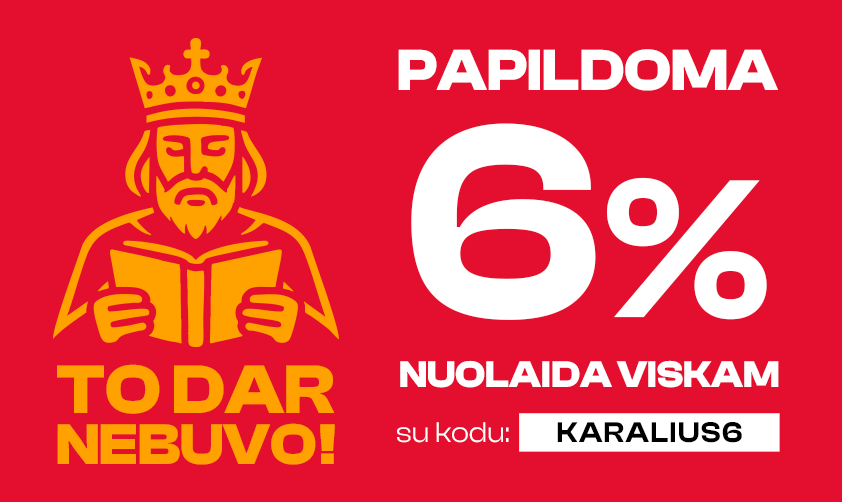- Išparduota
- Autorius: Alasdair R. Young, John Peterson
- Leidėjas: Oxford University Press
- Metai: 2014
- Puslapiai: 270
- ISBN: 9780191017094
- ISBN-10: 0191017094
- ISBN-13: 9780191017094
- Formatas: ACSM ?
- Kalba: Anglų
Atsiliepimai
Aprašymas
Europe's trade policies matter in global politics. Despite the recent focus on Brazil, India, and particularly China, the European Union remains the world's largest market and trader. Despite its recent economic troubles, Europe remains in a powerful position to shape how globalization is governed. We know surprisingly little about how its trade policy is actually made, because previous works have focused on individual trade policy decisions to thedetriment of the 'big picture' of the Union as a trade power. Parochial Global Europe argues that trade policy is composed of multiple, distinct policies. Each presents a distinctive constellation of mobilized societal preferences, pattern of political institutions, and range of government preferences. The
balance of economic power between the EU and its trade partner(s) affects the stakes involved. Together these four factors define trade policy sub-systems, which help explain both the EU's objectives and whether it realizes them. The authors advance this argument by analysing the EU's role in the demise of the Doha Round, its use of anti-dumping and pursuit of market access, the trade effects of its single market programme and efforts at regulatory diplomacy, including the launch of the
Transatlantic Trade and Investment Partnership negotiations. Parochial Global Europe thus focuses centrally on modern, 21st century trade policy. It also sheds light on the EU as a global actor by analysing its use of trade policy as a tool of foreign policy from promoting development, to encouraging
human rights and environmental protection, to punishing security threats.

Elektroninė knyga:
Atsiuntimas po užsakymo akimirksniu! Skirta skaitymui tik kompiuteryje, planšetėje ar kitame elektroniniame įrenginyje.
Kaip skaityti el. knygas ACSM formatu?
Mažiausia kaina per 30 dienų: 153,19 €
Mažiausia kaina užfiksuota: 2025-06-20 06:56:52
- Autorius: Alasdair R. Young, John Peterson
- Leidėjas: Oxford University Press
- Metai: 2014
- Puslapiai: 270
- ISBN: 9780191017094
- ISBN-10: 0191017094
- ISBN-13: 9780191017094
- Formatas: ACSM ?
- Kalba: Anglų
detriment of the 'big picture' of the Union as a trade power. Parochial Global Europe argues that trade policy is composed of multiple, distinct policies. Each presents a distinctive constellation of mobilized societal preferences, pattern of political institutions, and range of government preferences. The
balance of economic power between the EU and its trade partner(s) affects the stakes involved. Together these four factors define trade policy sub-systems, which help explain both the EU's objectives and whether it realizes them. The authors advance this argument by analysing the EU's role in the demise of the Doha Round, its use of anti-dumping and pursuit of market access, the trade effects of its single market programme and efforts at regulatory diplomacy, including the launch of the
Transatlantic Trade and Investment Partnership negotiations. Parochial Global Europe thus focuses centrally on modern, 21st century trade policy. It also sheds light on the EU as a global actor by analysing its use of trade policy as a tool of foreign policy from promoting development, to encouraging
human rights and environmental protection, to punishing security threats.



Atsiliepimai